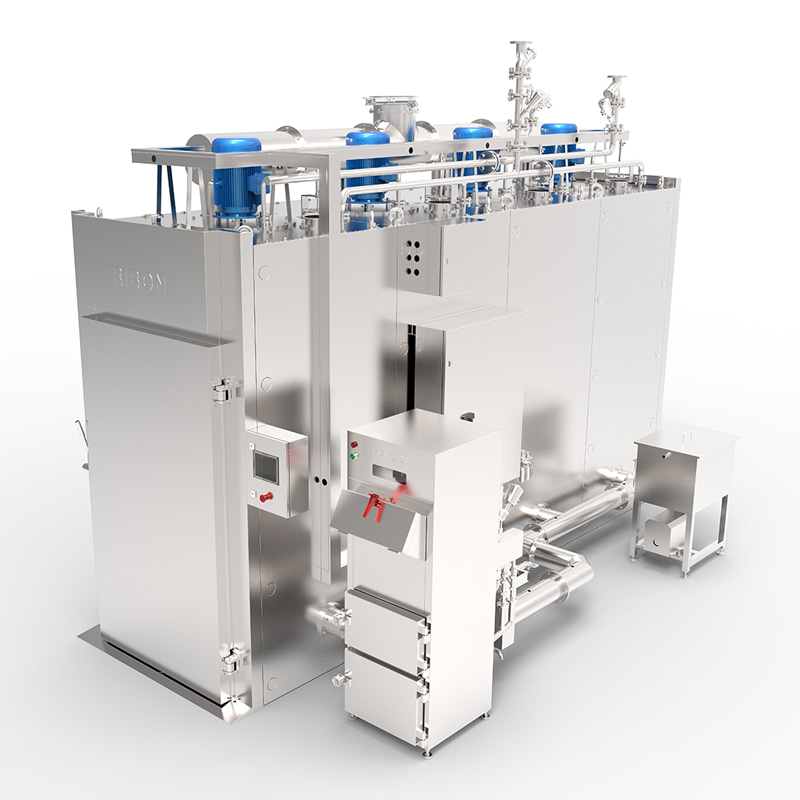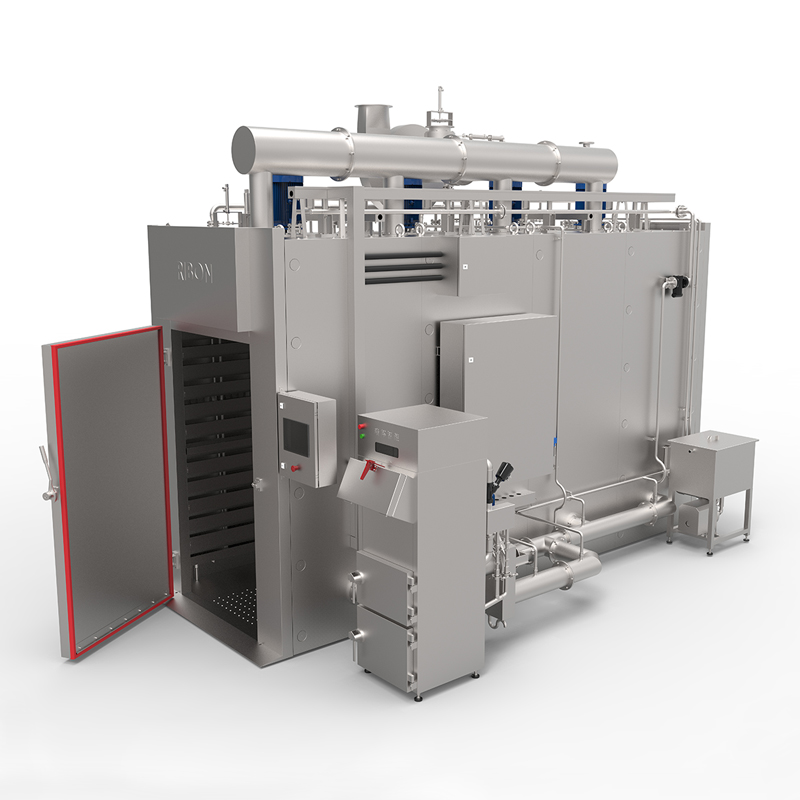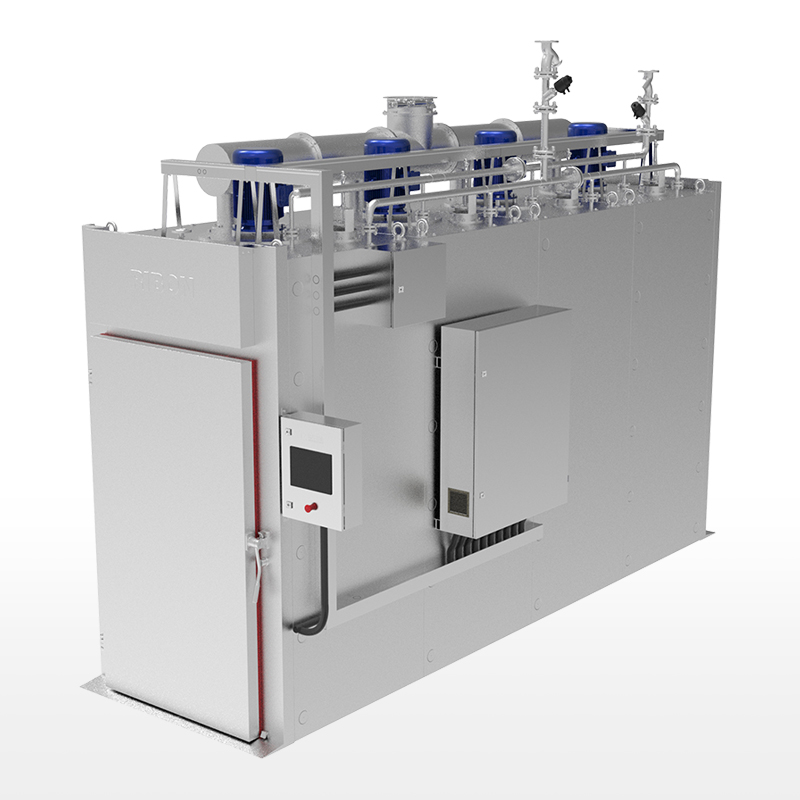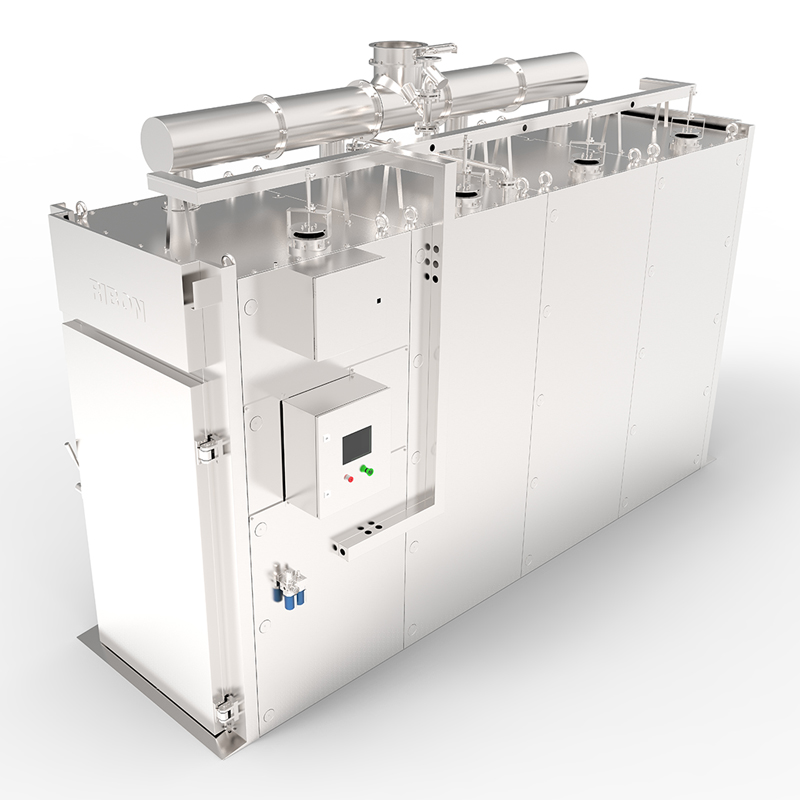Crates are a ubiquitous part of modern industries, from agriculture to manufacturing, logistics, and food processing. These crates, however, often come into contact with various contaminants, making it essential to keep them clean. Manual cleaning is time-consuming, labor-intensive, and may not always guarantee the desired level of cleanliness. That’s why investing in a crate washing machine is a strategic decision for businesses looking to improve efficiency and maintain hygiene.
The Role of Crate Washing Machines in Streamlining Operations
Crate washing machines are designed to automate the process of cleaning, sanitizing, and drying crates used for transporting and storing goods. These machines use advanced technology to wash multiple crates simultaneously, removing the need for manual scrubbing and rinsing. With customizable wash settings, high-pressure water jets, and temperature controls, these machines ensure that even the most stubborn dirt, grease, and contaminants are removed efficiently.
By streamlining the cleaning process, crate washing machines help reduce operational bottlenecks. Workers no longer have to dedicate hours to manually washing crates, allowing them to focus on other critical tasks. This boosts overall productivity while ensuring that the crates are sanitized and ready for reuse in a fraction of the time.
Benefits of Using Crate Washing Machines
Improved Hygiene: One of the primary reasons for investing in a crate washing machine is to maintain a high level of cleanliness. Automated crate washers are equipped with powerful cleaning mechanisms that ensure all surfaces of the crate are sanitized thoroughly, reducing the risk of cross-contamination.
Time and Labor Savings: Automated crate washers are significantly faster than manual cleaning methods. Businesses can clean hundreds of crates in a single day, reducing the time and labor required for washing. This leads to faster turnaround times in production and distribution.
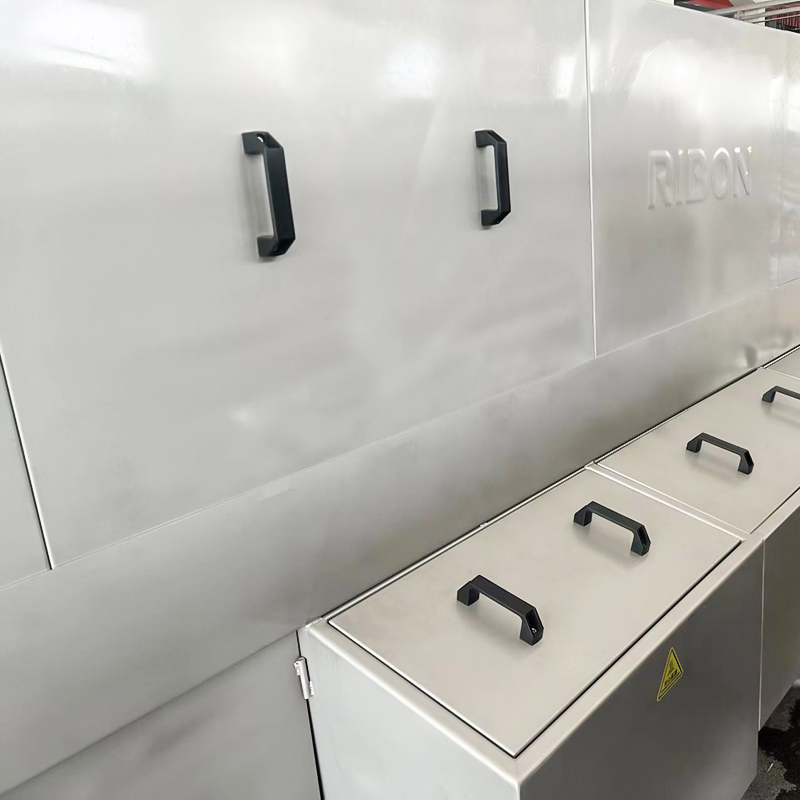
Cost Efficiency: While the initial investment in a crate washing machine may seem significant, the long-term cost savings are substantial. These machines are water- and energy-efficient, reducing utility costs. Additionally, the reduction in labor requirements leads to lower operational expenses over time.
Consistent Cleaning Results: Manual cleaning is prone to inconsistencies, with some crates receiving more attention than others. Crate washing machines deliver uniform cleaning results every time, ensuring that every crate is cleaned to the same standard.
Sustainability: Many modern crate washing machines are designed to use less water and energy. They are equipped with water recycling systems that reuse water for multiple cycles, reducing waste and promoting sustainability.
Applications Across Industries
Crate washing machines are versatile and can be used in a variety of industries.
Food Processing: In food production, maintaining cleanliness is crucial to prevent the spread of bacteria and ensure compliance with health regulations.
Agriculture: Farmers use crate washers to clean crates used for harvesting and transporting produce, removing soil and organic material that can degrade over time.
Logistics: Crate washers are widely used in logistics to keep crates clean and ready for reuse in transporting goods.
Retail: In retail, clean crates are used for displaying fresh produce and other products, enhancing the overall presentation.





 English
English русский
русский Español
Español عربى
عربى
